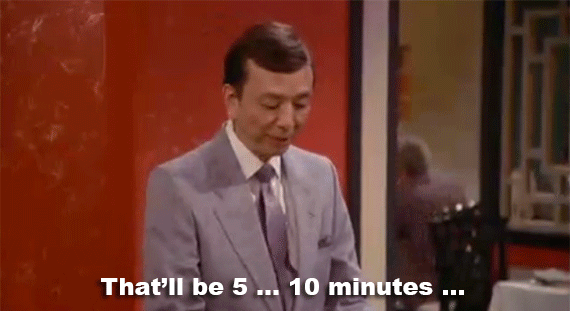Wandering the forest of life, but with direction
- Christopher Powers
- May 3, 2021
- 3 min read
It’s been some months since I last wrote.

I’ve been busy working for the US Postal Service, which currently is slammed with record-breaking business, even now. It’s clear that the "new normal" is major growth in online shopping, and that’s even without Amazon’s business, as they have built out their own last-mile logistics and fulfillment network via an expertly executed franchising move.

But the question remains, about me...why did I go into first working at Amazon as an entry-level employee and then go on to the post office, both times as an entry-level employee, stacking boxes and sorting mail, when I have two master's degrees in business and computer science?
And I suppose the answer to that is multifaceted.
For one, I’ve been out of the regular job market for a while, due to a combination of family health issues combined with failed attempts at building out a consultancy. I needed to ease back into the work world, which isn’t easy when you have serious anxiety issues.
Two, I remembered the advice I got on the first day of business school when Dean Louis Lataif told us not to be afraid of starting at ground zero, the way he did on a Ford showroom floor as a salesman after he got his MBA. He rose to be a corporate vice president (their youngest ever) at Ford and later became dean of our rapidly evolving and highly ranked business school that today is known as the Questrom School of Business at Boston University.

I wanted to learn how things worked on the plant floor-level of two very different organizations specialized in logistics: One of them with a long-standing duty to carry our mail to an area of 15 million customers locally and spanning billions of customers nationally and (with partner post offices) internationally through our truck and air network with a union workforce second in size only to the US Department of Defense. The other being a potential future competitor in the delivery space, Amazon, an innovator at the bleeding edge of logistics with the sole focus of customer satisfaction.
And I’ve learned a lot on the floor at both of these places. Within the last three weeks though, I’ve moved into a temporary 90-day operations support specialist role where I get to analyze where our part of the USPS network has opportunities to improve and what can be done at the plant-floor level to achieve successful on-time delivery consistently.
My end goal remains entrepreneurial, and I don’t care if I’m as old as Colonel Sanders was when he started Kentucky Fried Chicken before I get to it. But that end-point is a lot fuzzier in my eyes than it was years ago. I suppose that because it’s evolving.

As Steve Jobs once said, “You can’t connect the dots going forward; you can only do it looking back.” Steve had no way of knowing that his work at NEXT would lead him back to revive Apple as the juggernaut it now is, nor could he see the role that his participation in funding Pixar would play in the future of entertainment, much less its future acquisition by the Walt Disney Company and its impact on its other divisions and the multitude of other brand acquisitions.

Logistics is going to play a role in my future but I don’t know quite what, yet. It interests me quite a lot. For now, I’m just going to drink from the fire hose and trust that the skills and knowledge of the recent past and the immediate present will come in handy in my future entrepreneurial adventures.
And as I do this I continue to build my skills in the areas of data science with Python, business analytics with Excel and Power BI, programming in Go, and creative writing in the espionage/comedy genres.
How this puzzle all fits together I don’t completely know.
Y Combinator’s Paul Graham once wrote, in an essay titled Frighteningly Ambitious Startup Ideas:
“[…] The way to do really big things seems to be to start with deceptively small things.
The way to use these big ideas is not to try to identify a precise point in the future and then ask yourself how to get from here to there like the popular image of a visionary. You’ll be better off if you operate like Columbus and just head in a general westerly direction. Start with something you know works, and when you expand, expand westward.
The popular image of the visionary is someone with a clear view of the future, but empirically it may be better to have a blurry one.”
I’m a Roman Catholic and this year is dedicated by my church to St. Joseph the patron saint of Workers. His feast day was this past Saturday.

So, perhaps this is the year the stars align and I make true progress on my aims.



Comments